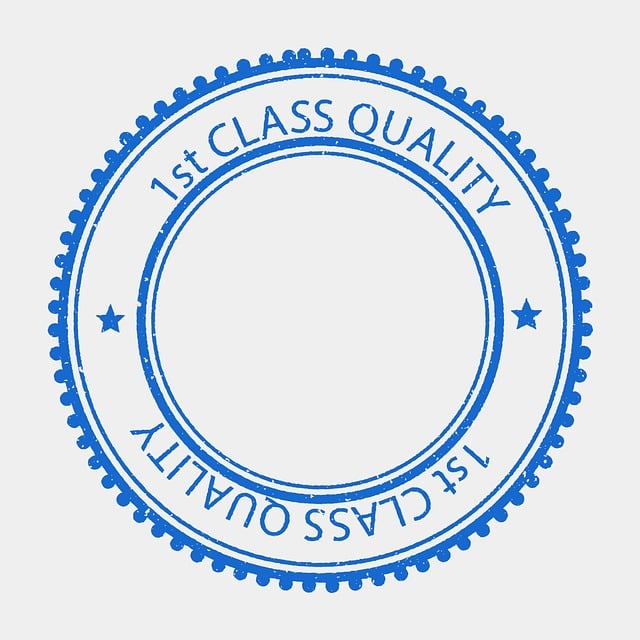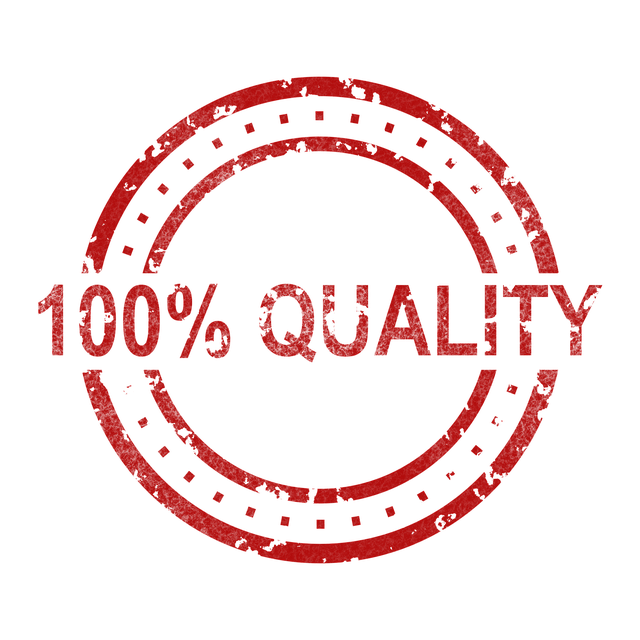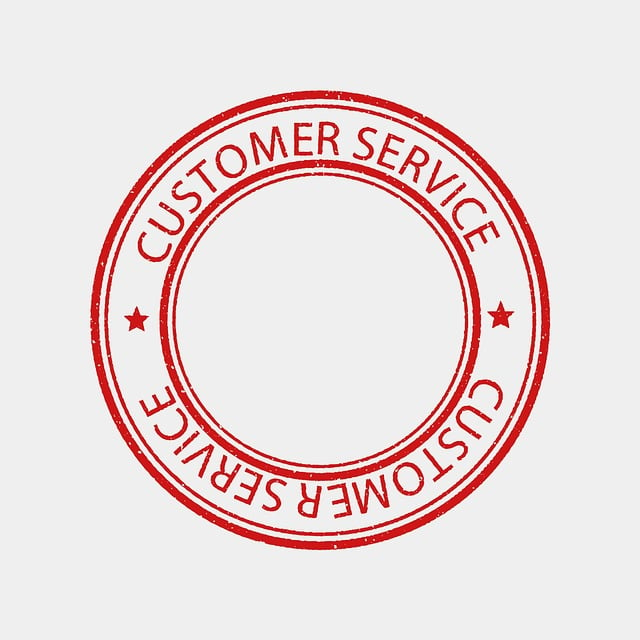In today's fast-paced world, response time is key to customer satisfaction and business success. Licensing certifications emphasize timely interactions, aligning with industry standards and client trust. Organizations set punctuality standards based on operational contexts, meeting emergency vs. non-urgent care needs. Measuring performance through KPIs like average response times ensures alignment with SLAs and regulatory requirements. Certifications equip professionals with skills for handling tight deadlines, enhancing client satisfaction through swift and accurate responses. Through technology adoption, employee training, and regular updates, businesses optimize operations for improved efficiency.
In today’s fast-paced world, evaluating response time and punctuality is crucial for any business or service. This article delves into the significant impact of response times on customer satisfaction and operational efficiency. We explore setting realistic punctuality standards, measuring performance, and the essential role of licensing certifications in ensuring timely responses. Discover strategies to enhance efficiency and learn how these practices can revolutionize your approach to customer service.
- Understand the Impact of Response Time
- Set Realistic Punctuality Standards
- Measure and Analyze Performance
- License Requirements for Timely Responses
- Certifications: Ensuring Quality Assurance
- Strategies to Improve Efficiency
Understand the Impact of Response Time

In today’s fast-paced world, response time has become a critical aspect of customer service and professional expectations. Understanding the impact of how quickly someone responds can significantly influence client satisfaction and business success. Every second counts when it comes to addressing inquiries, resolving issues, or providing support. Customers value promptness, as it demonstrates efficiency and respect for their time.
The effects of slow response times can be detrimental. It may lead to decreased customer loyalty, increased frustration, and a competitive disadvantage. On the other hand, efficient response times enhance productivity by streamlining processes, enabling professionals to manage their workload effectively. Moreover, licensing certifications often emphasize the importance of timely interactions, ensuring that practitioners meet industry standards and maintain client trust through punctuality in communications.
Set Realistic Punctuality Standards

Setting realistic punctuality standards is a cornerstone for evaluating response times, especially in service-oriented industries where timely responses are paramount. To establish these standards, organizations must consider their specific operational contexts and client expectations. For instance, an emergency medical services provider will have different punctuality benchmarks than a non-urgent healthcare clinic or a retail store.
Moreover, industry regulations and licensing certifications often mandate minimum response times for safety and quality assurance. These guidelines ensure that businesses maintain high standards and protect consumer interests. By aligning their internal punctuality goals with legal requirements and market demands, companies can foster accountability and continuous improvement in their operations, ultimately enhancing customer satisfaction and service delivery efficiency.
Measure and Analyze Performance

Measuring and analyzing performance is a critical aspect of evaluating response time and punctuality in any industry, especially those with strict service-level agreements (SLAs). Organizations should implement robust systems to track and record response times accurately. This involves monitoring key performance indicators (KPIs) such as average response time, time to first contact, resolution time, and first response accuracy. By utilizing specialized software tools, companies can gather data, identify trends, and generate insightful reports that highlight areas for improvement.
Analyzing this data in relation to industry standards and licensing certifications can provide a comprehensive view of performance. Benchmarking against peers ensures that response times align with expected industry norms, while certification bodies often mandate minimum performance criteria. Regular reviews and comparisons enable businesses to refine their processes, ensuring they meet customer expectations and regulatory requirements simultaneously.
License Requirements for Timely Responses

In many industries, ensuring timely responses is paramount, and this often translates into a requirement for specific licenses and certifications. These credentials serve as a guarantee that professionals possess the necessary skills and knowledge to handle tasks efficiently, meeting deadlines along the way. For instance, in customer service or IT support roles, quick response times can significantly impact client satisfaction. Therefore, employers commonly mandate relevant licensing and certifications to uphold quality standards.
Obtaining these licenses and certifications involves undergoing structured training programs and passing assessments. This process not only equips individuals with practical skills but also instills a culture of accountability and punctuality. With the right credentials, professionals can confidently navigate challenges, ensuring their responses are not just timely but also accurate and effective.
Certifications: Ensuring Quality Assurance

In the realm of response time and punctuality, especially in customer service or emergency services, licensing certifications play a pivotal role in ensuring quality assurance. These certifications are like a seal of approval, verifying that professionals have met stringent criteria related to promptness and accuracy. They act as a safeguard for consumers, guaranteeing that they receive timely and reliable services when it matters most.
With licensing certifications, there’s an added layer of accountability. Service providers must adhere to established protocols and standards, regularly undergoing assessments and updates to maintain their validity. This continuous evaluation fosters a culture of excellence, pushing businesses to optimize their processes and systems to deliver faster response times without compromising quality.
Strategies to Improve Efficiency

To improve response time and punctuality, businesses should implement strategic initiatives that enhance operational efficiency. One key area is streamlining processes through technology adoption. Automated systems can handle repetitive tasks, reducing human error and expediting turnaround times. For instance, implementing customer relationship management (CRM) software enables faster issue tracking and resolution by providing a centralized platform for communication and data management.
Additionally, prioritizing employee training and certifications can significantly boost productivity. Licensing certifications ensure that staff members are equipped with the necessary skills to handle tasks efficiently. Regular workshops and updates on industry best practices empower employees to make informed decisions quickly, minimizing delays caused by knowledge gaps. A well-trained workforce is pivotal in achieving timely responses, especially in dynamic work environments where adaptability and speed are paramount.














